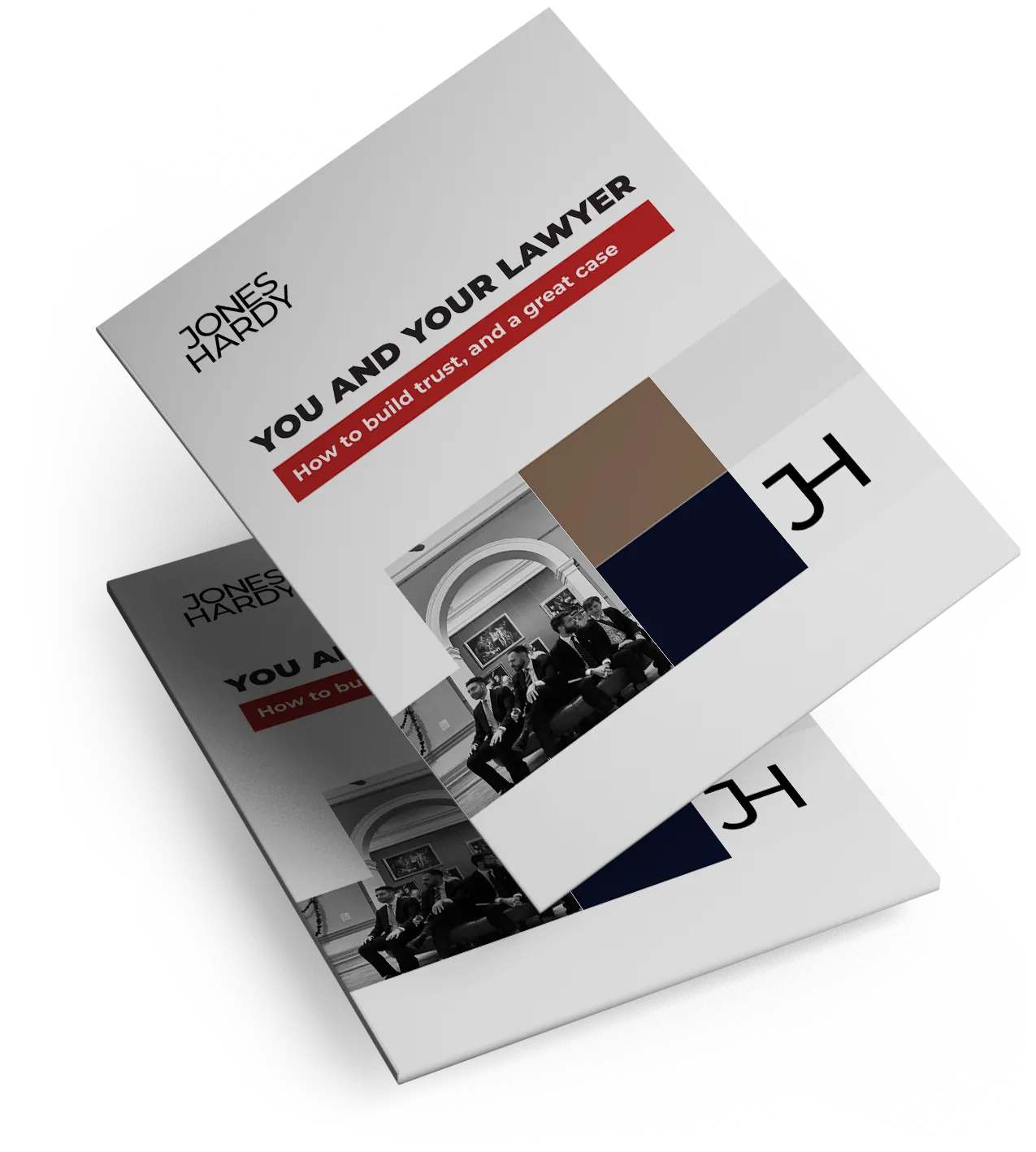Introduction: Knife Detection Expands in NSW — What It Means for You
In 2024, the New South Wales Government introduced new knife detection laws aimed at reducing knife-related violence, particularly among young people. The laws allow police to “wand” individuals with handheld metal detectors in designated areas — without needing a warrant.
For everyday citizens, this represents a significant shift in how public spaces are policed. It’s critical to understand what your rights are, what police can and cannot do, and how to respond appropriately if you are approached.
At Jones Hardy Law, we are committed to helping you navigate these changes, protecting your rights while ensuring you remain informed about your legal obligations.
What Are the New Knife Wanding Powers?
The new powers are found under the Knife Crime Legislation Amendment Act 2024 and build upon Queensland’s “Jack’s Law,” introduced after a tragic stabbing incident.
In designated areas — such as public transport hubs, nightlife precincts, and certain public events — police officers are now authorised to:
- Use handheld metal detectors to scan individuals for knives or other dangerous metal objects.
- Do so without a warrant or reasonable suspicion.
- Set up designated ‘wanding areas’ based on crime data and government authorisation.
This is a proactive policing measure, not reactive — meaning you can be subject to a search even if you have done nothing wrong.
Where Can Police Wand You Without a Warrant?
Police can only use wanding powers in designated zones, which must be:
- Declared in advance and approved by senior police.
- Publicly notified, often via signage at the location.
- Limited in time (usually a maximum of 12 hours unless extended).
Common locations include:
- Train and bus stations.
- Entertainment precincts (such as Kings Cross or Parramatta CBD).
- Large public events (festivals, concerts, sporting matches).
Importantly, if you are outside a declared area, police do not have automatic wanding powers.
What Happens During a Wanding?
If police choose to wand you:
- They must identify themselves and their station.
- They must tell you why they are using the metal detector.
- The wanding must be non-invasive — you will not be physically searched unless the device indicates something.
- If the device detects an object, you may then be subject to a more detailed personal search under the Law Enforcement (Powers and Responsibilities) Act 2002 (LEPRA).
The use of force must remain reasonable at all times.
Your Legal Rights During Knife Wanding
If approached by police for wanding:
- Stay calm and comply with instructions.
- Ask if you are being detained or are free to leave once wanding is complete.
- You are entitled to ask to see any notice or signage authorising the wanding operation.
- You do not have to answer questions beyond providing your name and address if lawfully required.
You can politely request clarification if you believe the officers are acting outside their powers. However, resisting or obstructing the wanding without lawful excuse can result in fines or even arrest.
Can You Refuse to Be Wanded?
In a declared area, you generally cannot refuse to be wanded if police lawfully request it.
Refusal may result in:
- Being removed from the area.
- Being searched under broader LEPRA powers.
- Potential charges for failing to comply with police directions.
If you believe the police acted unlawfully, comply first, then challenge later through legal avenues.
What If Police Find a Knife?
If a knife or prohibited item is found during the wanding process:
- Police can immediately seize the weapon.
- You may be issued with a fine (Penalty Infringement Notice).
- For more serious circumstances (e.g., carrying without lawful excuse), you could face arrest and court charges.
Penalties for unlawful possession of a knife in a public place in NSW include:
- Fines up to $2,200.
- Up to 2 years imprisonment for aggravated offences.
- Criminal records affecting employment, travel, and licensing.
Defences may be available if you had a lawful excuse, such as using a knife for work purposes or religious reasons — but these must be raised early and correctly.
Concerns About Discrimination and Over-Policing
While the knife detection laws aim to enhance public safety, concerns have been raised about:
- Racial profiling.
- Over-policing of youth and minority groups.
- Lack of independent oversight of police discretion.
If you believe you were targeted unfairly or mistreated during a wanding operation, you have the right to:
- File a complaint with NSW Police Internal Affairs.
- Lodge a complaint with the Law Enforcement Conduct Commission (LECC).
- Seek legal advice regarding civil remedies or complaints.
Jones Hardy Law strongly supports your right to fair treatment and is experienced in advising clients subjected to alleged unlawful searches.
Practical Tips: How to Protect Your Rights During Wanding
Here are key steps to remember:
- Remain calm and respectful — aggressive behaviour may escalate matters.
- Ask for information — confirm it is a designated wanding area.
- Record details — note the officer’s name, badge number, time, and location if you feel your rights were infringed.
- Contact a lawyer — if you are fined, charged, or mistreated.
Your dignity and legal rights matter, even in heightened policing environments.
Final Thoughts: Understanding the Balance Between Safety and Rights
The introduction of knife detection laws in NSW reflects genuine concerns about public safety. However, balancing community protection with individual rights is delicate.
Knowing your obligations — and standing firm in your rights — ensures that policing remains transparent and accountable.
At Jones Hardy Law, we believe in empowering individuals with knowledge, legal advocacy, and strategic support. Whether you face charges, believe you were unlawfully searched, or simply want advice, we are here to help.
If you need legal advice after being wanded or charged under NSW’s new knife detection laws, visit JonesHardyLaw.com.au to book a free consultation. Protect your rights with confidence.
